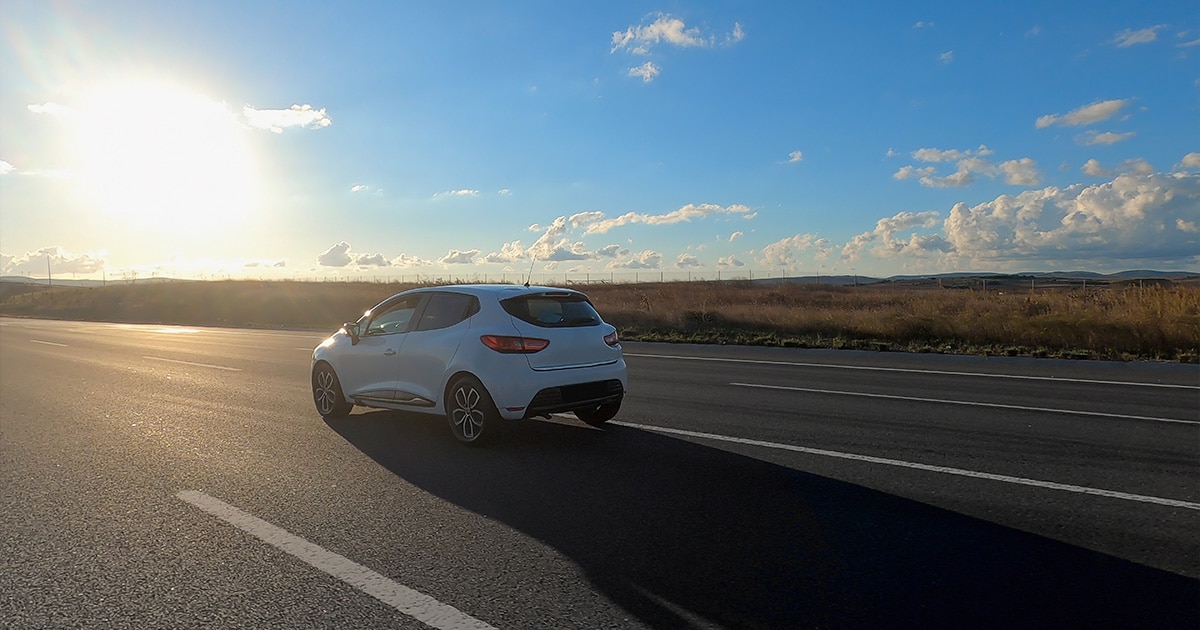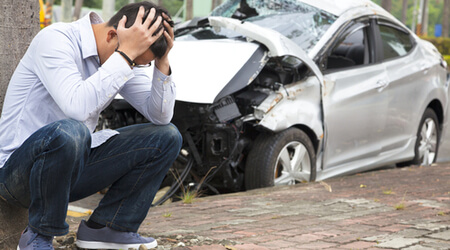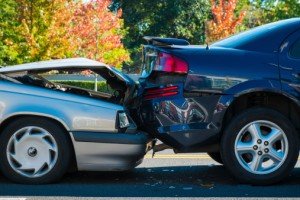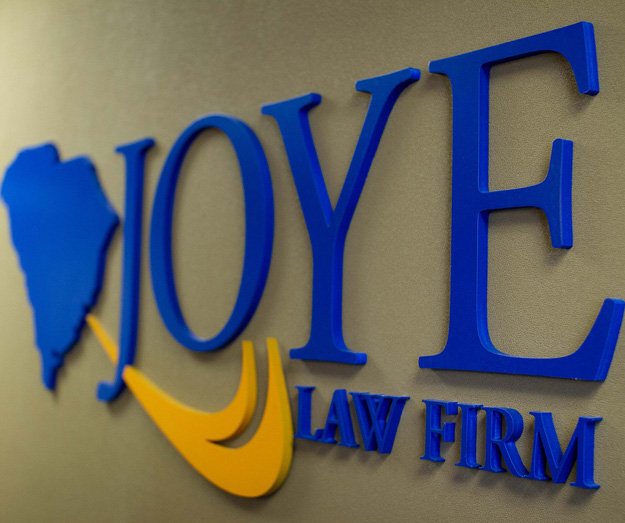
Self-driving cars, also known as autonomous vehicles, are becoming a more common sight on the roads of South Carolina. In the event of an accident involving autonomous cars, understanding the current legal framework and taking appropriate action is crucial. If you need assistance with your case, an experienced South Carolina car accident lawyer, can help you determine fault and recover damages.
As these high-tech vehicles enter our daily commutes, they bring questions about safety and liability. Who is responsible when a self-driving car is involved in an accident? What legal precedents exist in SC?
Safety and Crash Statistics
Autonomous vehicles are touted for their safety compared to human error, but crashes still occur because of self-driving cars. A recent National Highway Traffic Safety Administration (NHTSA) report released new safety numbers provided by self-driving automakers, like Tesla.
According to the report, in 11 months, from July 2021 to May 2022, nearly 400 car crashes were reported due to partially self-driving cars. There were 19 minor injuries reported, 22 moderate injuries, 5 serious injuries, and 6 fatalities in these accidents.
While most of these crashes occurred in California, 3 were reported in South Carolina. Tesla’s vehicles had the most crashes, with 273, followed by Honda at 90.
Understanding Self-Driving Technology
Self-driving technology represents a massive shift in the automotive industry. Autonomous cars use advanced hardware and software systems to enable vehicles to operate without direct human intervention. Key components of self-driving technology include:
- Sensors: Self-driving cars have various sensors, including lidar, radar, cameras, and ultrasonic sensors. These sensors continuously scan the vehicle’s surroundings to detect obstacles, pedestrians, traffic signals, and road conditions.
- Machine Learning and AI: The data collected by sensors is processed by sophisticated machine learning algorithms and artificial intelligence (AI) systems. These systems interpret the data, make real-time decisions, and control the vehicle’s movements, including acceleration, braking, and steering.
- Levels of Automation: The Society of Automotive Engineers (SAE) has defined levels of automation from Level 0 (no automation) to Level 5 (full automation). Many self-driving cars on the road today are at level 2 or 3, requiring some level of human supervision and intervention, while level 4 and 5 vehicles can operate autonomously without human intervention in specific conditions.
- Localization and Mapping: Self-driving cars use precise localization tools and high-definition maps to navigate. These maps provide detailed information about road layouts, lane markings, and infrastructure.
- Safety Measures: Safety is a concern in self-driving technology. Redundant systems, fail-safes, and constant monitoring of vehicle functions must be in place to ensure the vehicle can respond safely to unexpected situations.
Legal Considerations for Self-Driving Car Accidents in SC
South Carolina has yet to enact specific legislation exclusively addressing autonomous vehicles. These cases follow the same liability laws and processes as those involving traditional human-operated cars.
However, determining and proving liability can be challenging if you are involved in an accident with a self-driving car. A knowledgeable car accident attorney, from Joye Law Firm can help investigate your accident to determine who is liable for the crash and help you pursue a personal injury or product liability claim.
- Product liability: Since autonomous vehicles are a blend of various complex systems and technologies, they are susceptible to malfunctioning due to a fault or defect in the car’s design or software.
If our investigation reveals that the autonomous system was at fault due to a design defect or malfunction, we can help you file a product liability lawsuit against the manufacturer, software developer, or another party responsible for the faulty component.
- Negligence: If human negligence caused the crash, we can help you hold the party liable. This can happen if the vehicle owner fails to intervene in a partially autonomous car or if you were in the self-driving car and were hit by another motorist.
Negligence may also apply if the manufacturer inadequately tests its autonomous technology or rushes to deploy it on public roads without ensuring its safety and reliability. In this case, we can help you hold the manufacturer or its third-party testing company responsible for your injuries.
- Government liability: Government liability may come into play if poor road conditions, inadequate signage, or faulty traffic control systems cause the self-driving vehicle to crash. If we determine that a government entity failed to uphold this duty, and this failure contributed to the accident, we can help you hold it liable.
Protect Your Rights After a Self-Driving Vehicle Collision
Navigating the legal landscape surrounding the new era of self-driving cars in SC, requires knowledge and experience. As this technology advances, so do the regulations and legal frameworks governing it.
At Joye Law Firm, our attorneys are equipped to handle technology-related claims. We know how to collect evidence against self-driving car manufacturers and other companies, such as software creators, whose negligence resulted in your accident.
Our experienced legal team will represent your interests throughout the claims process, helping you win fair compensation for your injuries and damages. Contact us today for a free consultation and receive help with your case.


































